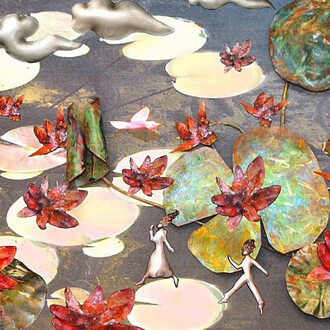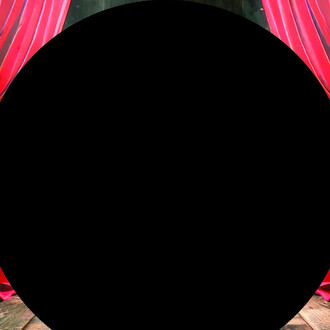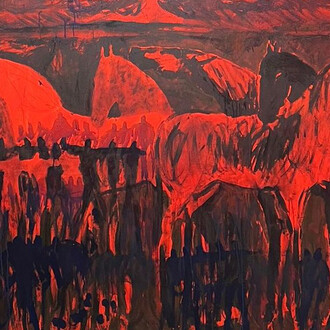You Are Here: A Brief History of Photography and Place both embraces and challenges the photograph’s role as a faithful record of place, examining photography’s successes and failures in rendering, and sharing, fragments of the world. Drawn almost exclusively from NOMA’s permanent collection, the exhibition traces a history of photography from the origins of the medium to the present. Throughout, You Are Here explores photographs of place, photographs in place, and photographs about place, in the hopes of leading us to think more deeply about how photography mediates our experience of the world and other people in it.
The exhibition begins with works that exemplify photography’s promise in the nineteenth century to depict places near and far with new accuracy but also demonstrates how those kinds of photographs often provided a limited representation of the places they claimed to document. Moving through the twentieth century, You Are Here examines how photographers have taken up photography’s creative potential, making specific aesthetic choices and exploiting the limits (or possibilities) of photographic vision to shape our understanding of the world. Next, the exhibition looks at the places where photographs are both made and seen, like photography studios or family albums. Their presentation in this exhibition invites us to consider how portable photographs of places are, and how their meaning might change as a result of this portability. Finally, the exhibition includes work by photographers who explore place more conceptually, questioning what exactly makes a place (is it the simple act of taking a picture?) and whether a photograph can enable us to see our built environment more fully. Throughout, You Are Here pays attention to how something as fundamentally “place-less” as photography has been so inextricably part of real world place-making.
You Are Here: A Brief History of Photography and Place is organized by the New Orleans Museum of Art and is sponsored by George and Milly Denegre, Catherine and David Edwards, The Andrew W. Mellon Foundation, and the A. Charlotte Mann and Joshua Mann Pailet Endowment.
















